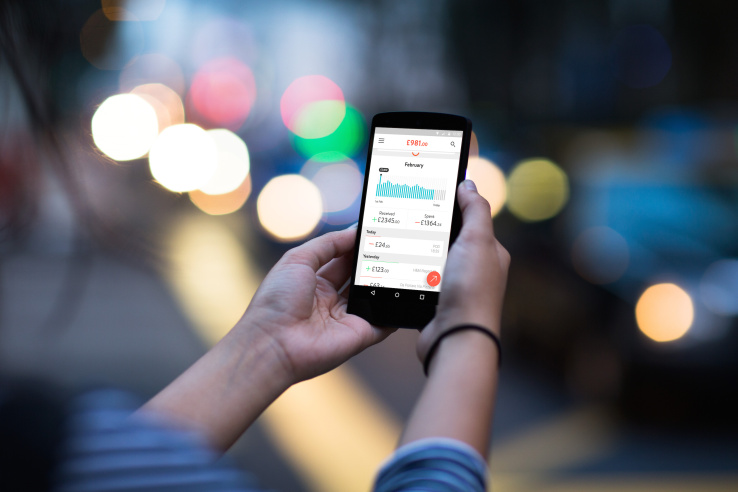

Monese, the London-based fintech startup that offers a mobile banking app and current account, continues to fill in missing features that might otherwise stop it from replacing your bank altogether.
The latest is Direct Debit functionality, a mechanism for reoccurring payments, such as those required by a mobile phone contract and many other subscription services. Citing stats from Direct Debit provider GoCardless, we’re told that 85 per cent of U.K. consumers have at least one Direct Debit commitment, and an average of six.
Monese also recently gained access to the U.K.’s Faster Payments network, meaning that funds sent to accounts outside or within the U.K. arrive quicker. In addition, the startup has extended the number of physical locations that can be used to deposit money into your Monese account, including 11,500 Post Office branches across the U.K., and 29,000 PayPoint locations. Who needs bank branches, eh?
“The upgrade brings Monese’s offering substantially closer to that of a traditional high street bank account – without the hidden fees and charges,” says the company.
The reference to “hidden fees and charges” is key to the Monese pitch. Originally targeting immigrants and expats who might otherwise find it difficult to open a bank account outside of their originating country, the startup has since extended its target customer to anyone who isn’t being served well by so-called “free” current accounts offered by incumbent banks.
It charges a simple monthly fee of £4.95 per account for almost all of its services to cover its own banking fees, but with enough margin, except for the most active users, to be potentially profitable.
Unlike most traditional banks, there are no hidden fees — which is typically the basis for being able to offer “free” banking — for things like going overdrawn, having a payment bounce, or even overdraft control fees that see you pay for not being able to spend money that you don’t actually have. No, really.
“The launch of Direct Debit has brought us another step closer to ending financial exclusion, by demonstrating that consumers no longer have to rely on banks alone for their day to day ‘banking’ and personal finance management,” the company tells me. “They now have options, and that choice represents a power shift from banking institutions, to the people”.
And while that might be a little idealistic, there is no doubt something is happening. New banking options have increased exponentially in the U.K. over the last couple of years, from bonafide challenger banks, such as Starling and Monzo (once it properly launches), to business bank account app Tide or TransferWise’s latest business offering, to the rather noisy neobank Revolut, to name just a few.
Viva la fintech revolution.

